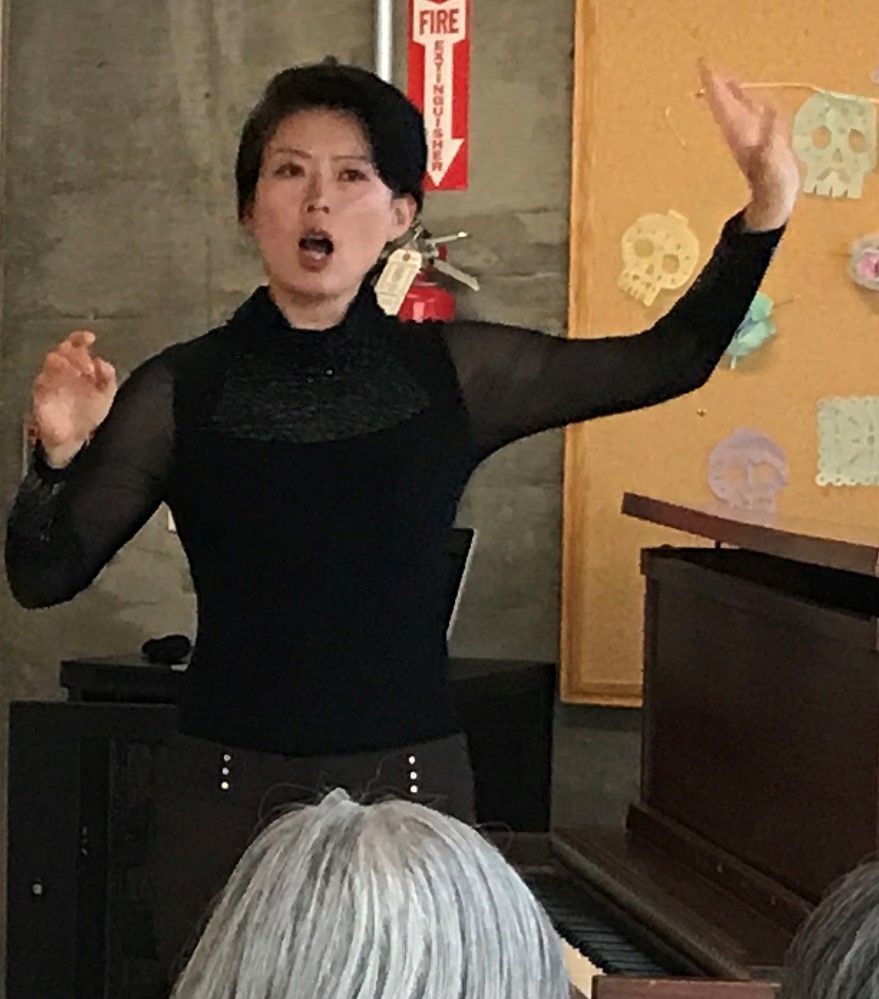“Intuitive women, and intellectual men” and other similar biases were reasons why most Japanese women of my generation took piano lessons at some point in her childhood. If I were born a man, I would probably not have become a pianist.
In 2018, Yomiuri newspaper revealed that the medical school of the Tokyo University had been reducing the entrance exam scores of their female applicants, along with other top ranking medical schools in Japan. Then, in 2019, Dr. Chizuko Ueno, one of the few female professors at the University of Tokyo, went viral when she demonstrated the gender disparity at the school in her matriculation ceremony congratulatory address. It was through this speech that I first learned that female students make up less than 20 percent of their undergraduate class at the University of Tokyo.
“Women shouldn’t go to Todai (Tokyo University),” my friend recalled what her father said to her upon the news of her acceptance to the most competitive and prestigious university in Japan. It had been more than 20 years when my friend her painful memory with me, but her tears revealed how painful the memory still was to her. The concerns for their daughters, not uncommon especially among the families from rural areas, is that women with too much education have a hard time finding a husband. Gender disparity at the University of Tokyo is only reflective of the national trend. The average female enrollment at the top 10 national universities in Japan is less than 30 percent. And the alumni of these top universities go onto become the leaders of the large corporations and the governments. This is a part of the reason why the World Economic Forum ranks Japan at 125th out of 146 countries in their gender gap index.
Gender is not the only cause of educational disparity, when you study the demographic background of the students at the University of Tokyo. For example, in his book published this year, Dr. Yujin Yaguchi, Professor and Vice President of Global Education at the University of Tokyo, revealed how 42.7 percent of the freshmen admitted in 2022 to the University of Tokyo (the most competitive and prestigious university in Japan) had graduated from just 20 high schools. Among these 20 elite high schools (out of 4,856 high schools in Japan), 14 were private schools, 10 were all-boys schools, and 19 were in cities with a population of 500,000 or more. Another words, the more urban your residence, and the higher your income, the more systematic advantage you have over your peers from the rural and low-income families.
Institutions of higher education are meant to critically reevaluate the preexisting systems and concepts, and to establish new ones. It needs to be corrected, whenever it is found to be doing the opposite by serving and reenforcing the systematic injustices. …We need to not accept the patriarchal status quo, but to make our progress towards diverse campus and society open to change and exploration by gathering people of all backgrounds and values, exchanging perspectives to nurture democratic dialogues.
Yaguchi, Yujin, なぜ東大は男だらけなのか [Why is Tokyo University so full of men?], 集英社新書, 2024, P. 18
I wish to make my own contributions to more diversity in the future of Japan, as a female Japanese diaspora, an educator, and a researcher.

Pingback: 美笑日記4.30:書評『なぜ東大は男だらけなのか』(2024) - "Dr. Pianist" 平田真希子 DMA